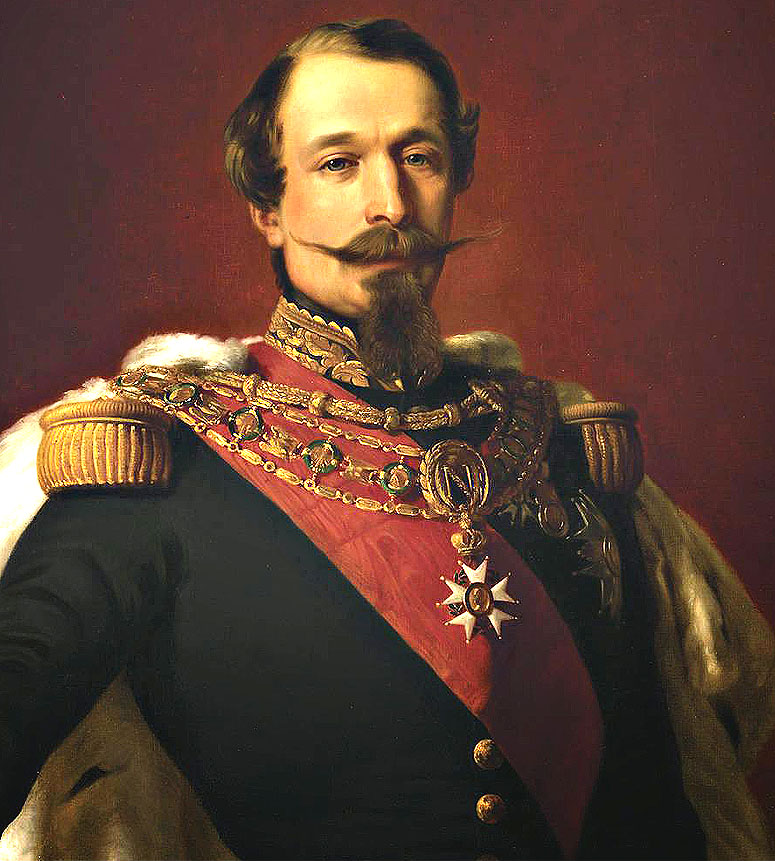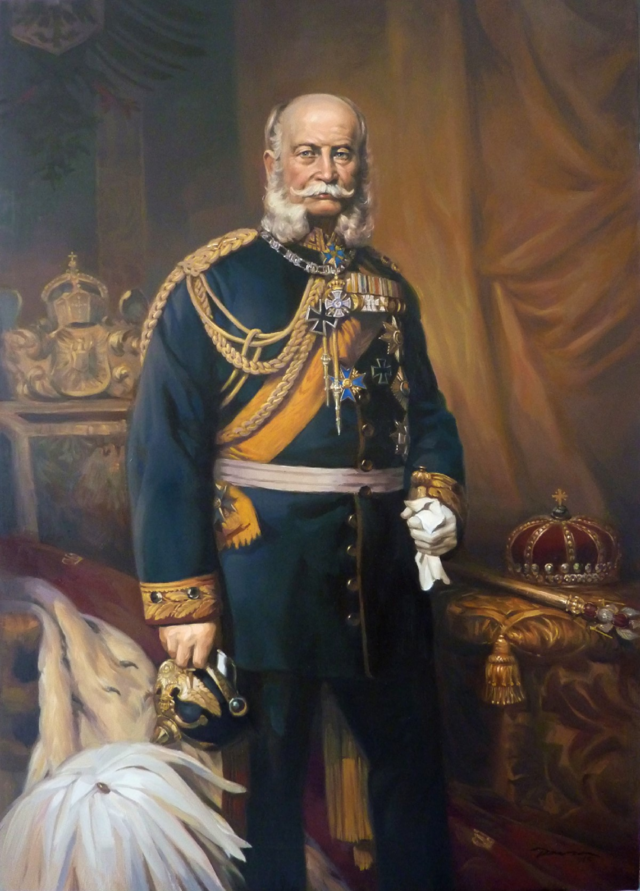Franco-Prussian War 1870–1871
The Franco-Prussian War (July 19, 1870 – May 10, 1871) was a significant conflict between the Second French Empire, led by Emperor Napoleon III, and the North German Confederation, led by the Kingdom of Prussia under Chancellor Otto von Bismarck. The war marked the culmination of Bismarck's efforts to unify Germany under Prussian dominance and resulted in the fall of the French Empire, the establishment of the German Empire, and profound changes in the balance of power in Europe.
Causes of the War
- Bismarck's Unification Agenda. Otto von Bismarck sought to unify the German states under Prussian leadership. He believed that a war with France would rally the southern German states (Bavaria, Baden, Württemberg, and Hesse) to Prussia's cause.
- Ems Dispatch. The immediate cause of the war was the Ems Dispatch, a diplomatic telegram edited by Bismarck to provoke France. The telegram made it appear that King Wilhelm I of Prussia had insulted the French ambassador, leading to outrage in France.
- French Ambitions. Napoleon III, facing domestic pressure and seeking to restore French prestige, saw an opportunity to assert French dominance and prevent German unification.
- Spanish Succession Crisis. The candidacy of Prince Leopold of Hohenzollern (a Prussian prince) for the Spanish throne alarmed France, as it feared being encircled by Prussian influence.

Napoleon III Emperor of France
Key Events of the War
- French Declaration of War. France declared war on Prussia on July 19, 1870, believing it had a stronger military. However, France was unprepared and isolated diplomatically.
- German Mobilization. The North German Confederation, supported by the southern German states, mobilized quickly and efficiently, outnumbering and outmaneuvering the French.
- Early Battles
- Battle of Wissembourg (August 4, 1870). The first major battle, resulting in a German victory.
- Battle of Spicheren (August 6, 1870). Another German victory that pushed French forces back.
- Battle of Wörth (August 6, 1870). A decisive German victory that forced the French to retreat.
- Siege of Metz. After the Battle of Gravelotte (August 18, 1870), the French Army of the Rhine was trapped in Metz and eventually surrendered in October.
- Battle of Sedan (September 1-2, 1870). A catastrophic defeat for France. Napoleon III was captured, and the entire French army at Sedan surrendered. This led to the collapse of the Second French Empire
- Proclamation of the German Empire. On January 18, 1871, in the Hall of Mirrors at the Palace of Versailles, King Wilhelm I of Prussia was proclaimed Emperor of Germany, marking the formal unification of Germany.
- Siege of Paris. After Sedan, the French established a Government of National Defense and continued to resist. Paris was besieged by German forces from September 19, 1870, to January 28, 1871, leading to severe food shortages and suffering.
- Armistice and Treaty of Frankfurt. The war officially ended with the Treaty of Frankfurt (May 10, 1871). France was forced to cede Alsace and most of Lorraine to Germany and pay a war indemnity of 5 billion francs.

Consequences of the War
- Fall of the Second French Empire. Napoleon III's capture led to the collapse of his regime and the establishment of the French Third Republic.
- German Unification. The war achieved Bismarck's goal of unifying Germany under Prussian leadership, creating the German Empire, a major European power.
- Shift in European Power. The balance of power in Europe shifted significantly, with Germany emerging as a dominant force and France seeking revenge, which contributed to tensions leading to World War I.
- Paris Commune. The war and its aftermath led to social and political upheaval in France, culminating in the Paris Commune (March-May 1871), a radical socialist government that was brutally suppressed by French forces.
- Militarization and Nationalism. The war intensified nationalism and militarism in Europe, setting the stage for future conflicts.
Military and Technological Aspects
- Superior Prussian Military. The Prussian army, under the leadership of Helmuth von Moltke, utilized superior strategy, organization, and railroads for rapid mobilization.
- Chassepot Rifle vs. Dreyse Needle Gun. The French Chassepot rifle was technologically superior to the Prussian Dreyse needle gun, but the Prussians compensated with better artillery, particularly the Krupp breech-loading cannons.
- Telegraph and Railways. The Prussians effectively used railways and telegraphs for logistics and communication, giving them a strategic advantage.
Legacy
The Franco-Prussian War reshaped the political landscape of Europe. It sowed the seeds of Franco-German enmity, which would later play a central role in World War I. The war also demonstrated the effectiveness of modern military organization and technology, influencing future conflicts. For Germany, it marked the beginning of its rise as a major power, while France's defeat fueled a desire for revenge and national recovery.
